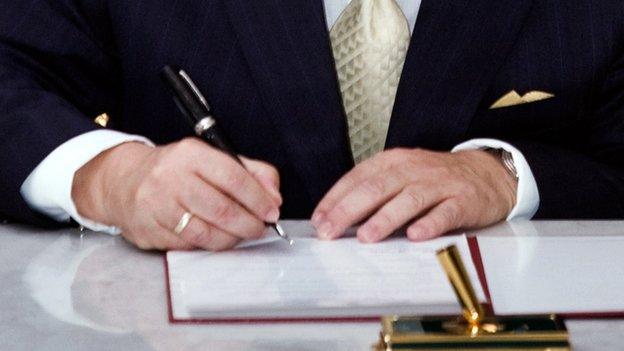EU deal: What will it mean for Cameron at home and abroad?
- Published
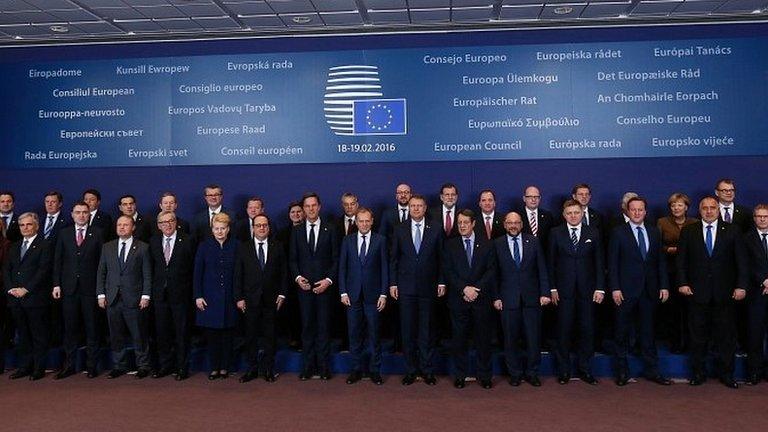
Happy families? Heads of state and government gathered for the traditional group photograph at the Brussels summit
David Cameron will now begin the campaign that will define his legacy and his time in office.
The battleground for the next four months has been laid out. The prime minister and the "in" campaign will insist that the UK's relationship with the EU has been fundamentally changed, with several key demands met.
But those who want to leave the UK say it is a "hollow deal", that the negotiations were weak in their ambition and Britain has not regained control over its laws or its borders.
They question whether the emergency brake on migrant benefits will have any impact on immigration numbers - and point out that the legislation on this will have to be passed by the European Parliament only AFTER Britain has voted in a referendum.
And the critics whose ambition is to see powers being returned to Westminster will also point out that the UK has not regained the right to over-rule EU laws.
So that is the battleground at home but Mr Cameron had also claimed there "was a big prize for everyone in the room" in fundamentally reforming the EU.
But the other member states did not choose to seize this moment to embrace wider reforms, underscoring that Britain remains exceptional, the outsider.
The President of the European Council, Donald Tusk, said the settlement addressed all of the Prime Minister's concerns "without compromising our fundamental values".
Fear of contagion
For the rest of the EU that was crucial. There was the will to help David Cameron but the other leaders were not prepared to weaken the EU's core beliefs.
Freedom of movement has not been compromised. The march towards deeper integration has not been slowed.
The President of the Commission Jean-Claude Juncker said there would be "no power of veto over the eurozone" - not that Britain was seeking that.
What the French wanted to underline was that Britain would not win any "exceptions to the rules of the EU" - particularly in relation to regulation in the City.
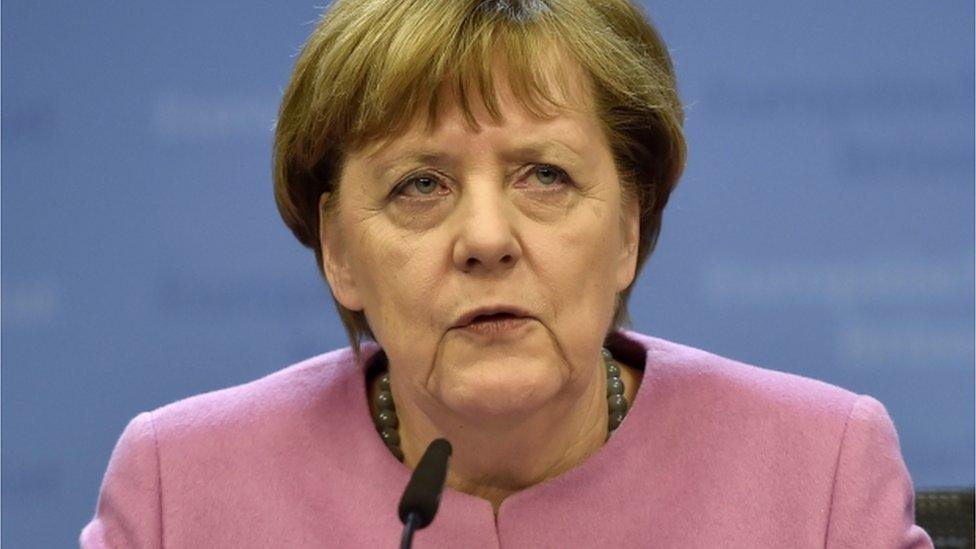
The support of German Chancellor Angela Merkel was crucial to David Cameron securing a deal
Even so some European leaders are uncomfortable. This deal recognises that there are different layers of integration.
Italian Prime Minister Matteo Renzi said: "There is a risk of us losing sight of the original European dream."
Belgium was greatly exercised that other countries might want to opt out from further integration.
There is an underlying fear of contagion that other countries might seek similar opt-outs, so leading to an unravelling of the EU.
In the end, the political battle will almost certainly not be fought on the details of this deal.
It will be fought over the economic risks of leaving the EU and whether the UK can regain control over its laws and borders.
- Published26 May 2016
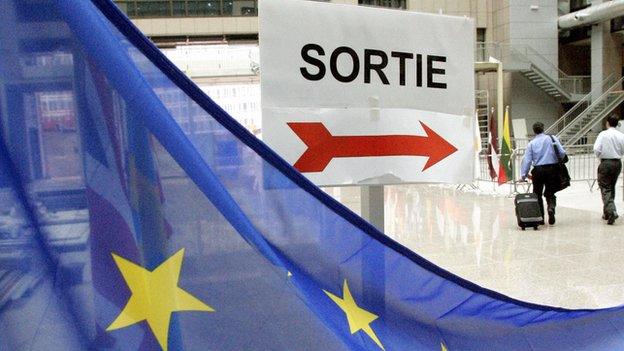
- Published30 December 2020

- Published2 February 2016
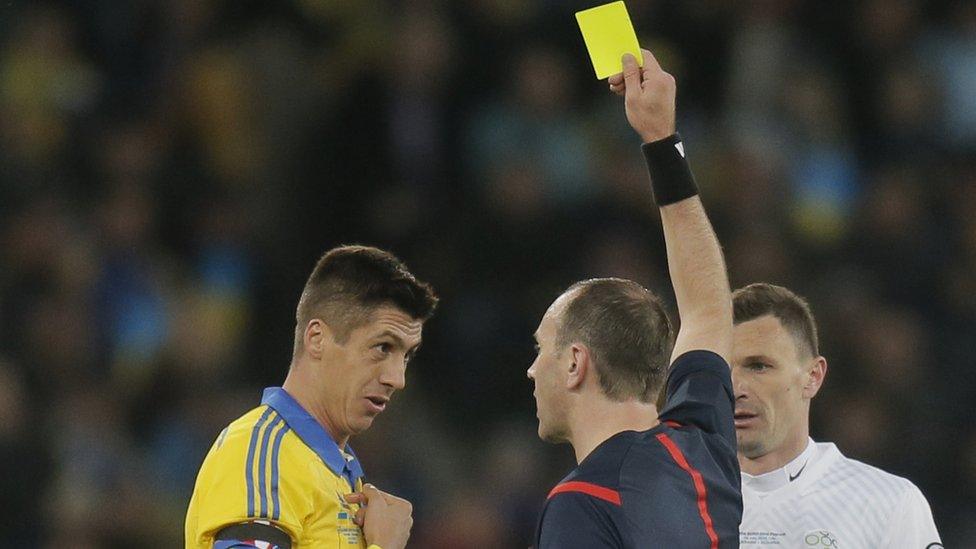
- Published1 February 2016
